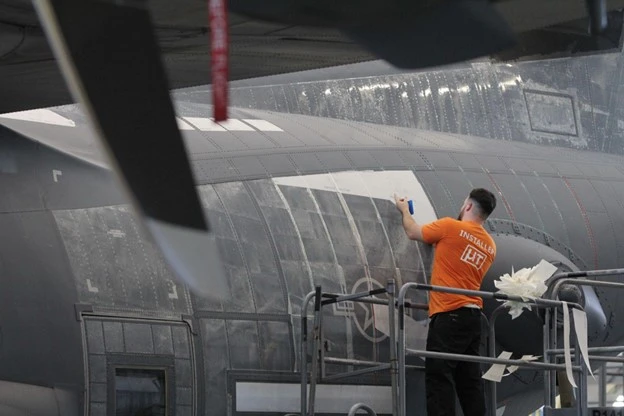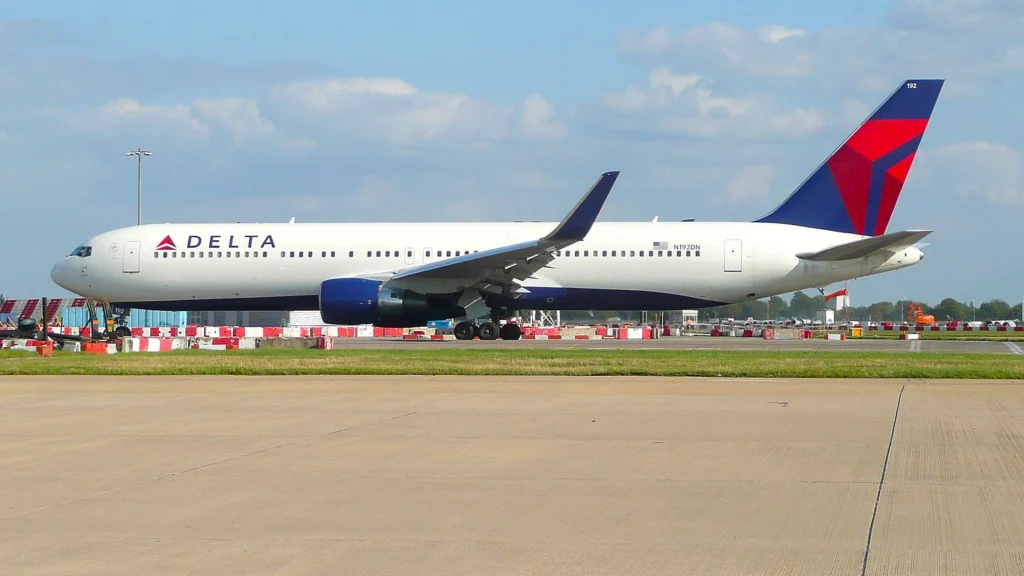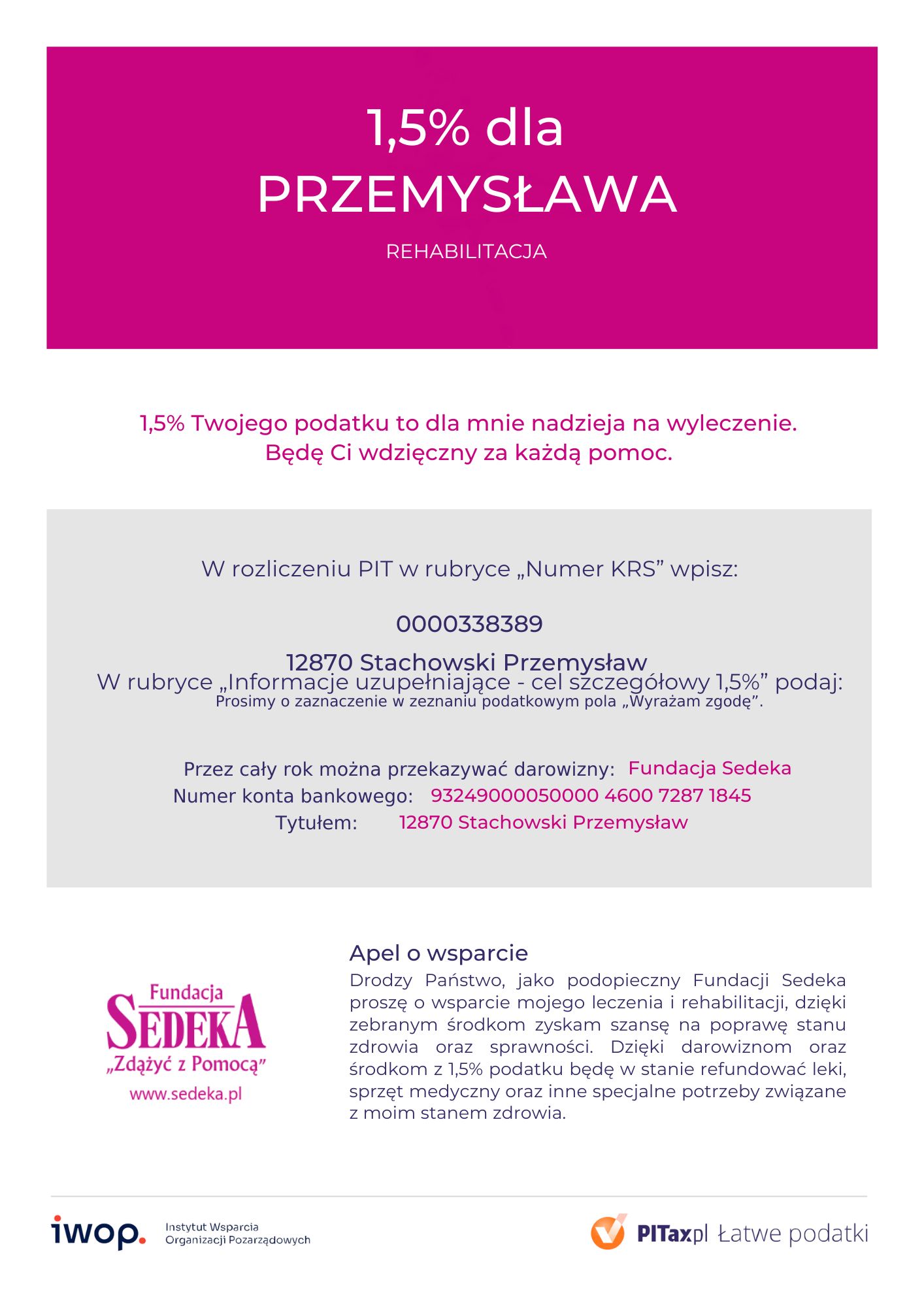
ATLANTA- Delta Air Lines (DL) is expanding its Sustainable Skies Lab through a partnership with Australian aerospace company MicroTau to test innovative drag-reducing “shark skin” riblets on its Boeing 767 fleet operating from Hartsfield-Jackson Atlanta International Airport (ATL).
This biomimetic technology, which replicates microscopic grooves found on shark skin, promises up to 4% improvement in fuel efficiency when applied to aircraft fuselages, wings, and tails, representing a significant advancement in Delta’s ongoing sustainability initiatives.
 Photo: Delta
Photo: DeltaDelta Shark Skin Riblets
Delta Air Lines (DL) is harnessing nature’s engineering to improve fuel efficiency and reduce carbon emissions.
Through its Sustainable Skies Lab, launched in 2023, Delta partners with cutting-edge companies to test technologies inspired by the natural world.
One such partner, MicroTau, an Australian aerospace firm, has developed a “Riblet Modification Package” mimicking shark skin.
These riblets applied to aircraft surfaces like the fuselage, wings, and tail, reduce drag by up to 4%, according to MicroTau’s estimates.
Delta is rolling out initial tests on its Boeing 767 fleet, with the potential to expand across other aircraft if successful.
Sharks, despite their sleek appearance, have skin covered in microscopic grooves called dermal denticles.
These structures streamline water flow, allowing sharks to glide with less energy. By replicating this design as riblets on planes, Delta smooths airflow, cutting fuel consumption.
This biomimicry approach aligns with Delta’s goal to minimize its environmental footprint while maintaining operational efficiency.
Beyond shark skin, Delta is exploring other nature-inspired solutions. Working with Vortex Control Technologies (VCT), Delta is testing finlets, small fins inspired by fish, on its Boeing 737 fleet.
Installed on the rear fuselage, finlets reshape airflow to reduce drag, similar to winglets already equipping Delta’s modifiable fleets.
These modifications target vortices, swirling air pockets that increase resistance, ultimately lowering fuel use and emissions.
 Photo: Phil | wilco737 | Flickr
Photo: Phil | wilco737 | FlickrDelta’s Sustainable Skies Lab
Launched in 2023, Delta’s Sustainable Skies Lab is an innovation hub that accelerates sustainable aviation initiatives.
The lab partners with technology leaders and aviation manufacturers including Airbus, Boeing, JetZero, Joby Aviation, and now MicroTau.
Its goal is to bridge early-stage research and real-world implementation, focusing on both near-term fuel-saving technologies and long-term carbon-neutral aviation solutions.
According to Sangita Sharma, Director of the Sustainable Skies Lab, the lab prioritizes technologies that can deliver measurable results today while building foundations for future breakthroughs.
MicroTau’s shark skin film fits this model, offering immediate efficiency benefits without major aircraft redesigns.
 Photo: By John Taggart from Sunbury on Thames, Middlesex – lhr20090817 001, CC BY-SA 2.0, https://commons.wikimedia.org/w/index.php?curid=31810601
Photo: By John Taggart from Sunbury on Thames, Middlesex – lhr20090817 001, CC BY-SA 2.0, https://commons.wikimedia.org/w/index.php?curid=31810601Additional Nature-Inspired Technologies Under Trial
Delta is also testing other biologically inspired drag-reduction tools. One example is the use of finlets—small, fin-like surfaces attached to the rear fuselage of aircraft.
In collaboration with Vortex Control Technologies (VCT), Delta has installed finlets on its Boeing 737 fleet to improve airflow and reduce turbulence in high-drag regions.
These technologies function similarly to winglets, which Delta has already added to all modifiable fleets.
Winglets and finlets both aim to reduce vortex formation and improve aerodynamic efficiency. While winglets are installed on wing tips, finlets help reshape airflow around the fuselage, adding another layer of optimization.
 Photo: Aero Icarus | Flickr
Photo: Aero Icarus | FlickrDecarbonization
With jet fuel driving the bulk of its carbon footprint, Delta’s innovations target measurable reductions.
Riblets could save up to 4% fuel per flight, while finlets and winglets further optimize performance.
These efforts complement Delta’s broader decarbonization goals, including purchasing modern aircraft and supporting research into low-carbon technologies.
By testing at hubs like Atlanta (ATL), Delta ensures real-world data informs its sustainability roadmap.
The airline’s proactive stance—blending immediate upgrades with visionary partnerships—demonstrates a commitment to environmental stewardship. As Delta refines these technologies, it paves the way for an industry-wide shift toward greener skies.
Stay tuned with us. Further, follow us on social media for the latest updates.
Join us on Telegram Group for the Latest Aviation Updates. Subsequently, follow us on Google News
LATAM Becomes First Airline in Americas to Equip 777 with AeroSHARK Film
The post Delta Air Lines Innovates Fuel Efficiency with Shark Skin Riblets on 767s appeared first on Aviation A2Z.









